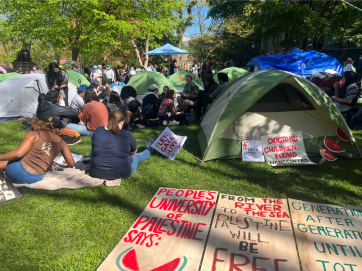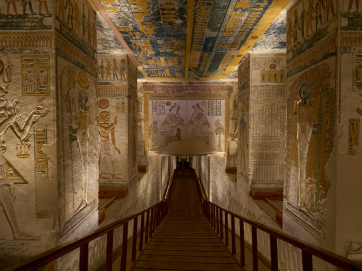The National Association of Scholars hosted this webinar discussion on The Mayflower Compact: 1620 and the Formation of the American Republic on March 18, 2020. We discussed the long struggle for liberty brought about by social contracts throughout history, the thinkers of the time, and other topics that influenced The Mayflower Compact and the American republic.
About:
In 1620, a ship carrying 102 religious separatists and other settlers sailed from England to found a new home in the recently established Virginia colony. Storms pushed the ship off course, draining supplies and forcing those aboard the ship to make a decision: maintain their original course, risking starvation and praying the ship holds together long enough, or drop anchor and go ashore to settle this new land?
The occupants of the Mayflower picked their best option: drop anchor and settle a suitable spot of land nearest them. This decision made, another arose: who rules us now? With the new settlement far from the Virginia colony, the non-Pilgrims (“strangers”) aboard claimed that the charter they had signed with the Virginia Company was void. To promote social order in the new colony, and to prevent a mutiny that would destroy the effort in the New World before it began, the Pilgrims proposed a set of temporary laws to govern the colonists. This document, signed by the 41 adult men aboard the ship, became the first compact of self-government, voluntarily accepted, by settlers of what would become the United States of America.
The Mayflower Compact, as we know it today, produced a self-governing body to set laws and dispense justice.
Although this document’s importance is shrouded today by the likes of the 1619 Project and other polemical accounts of America’s founding, we argue that the year 1620 is a better fit for understanding the founding of the American republic. Self-determination and government brought about by social contract under a higher power define the American experience and its Constitution.
Speakers:
This webinar featured Daniel Dreisbach, a professor of American legal culture at American University’s School of Public Affairs; Mark David Hall, the Herbert Hoover Distinguished Professor of Politics at George Fox University; and Peter W. Wood, president of the National Association of Scholars and author of 1620: A Critical Response to the 1619 Project.













